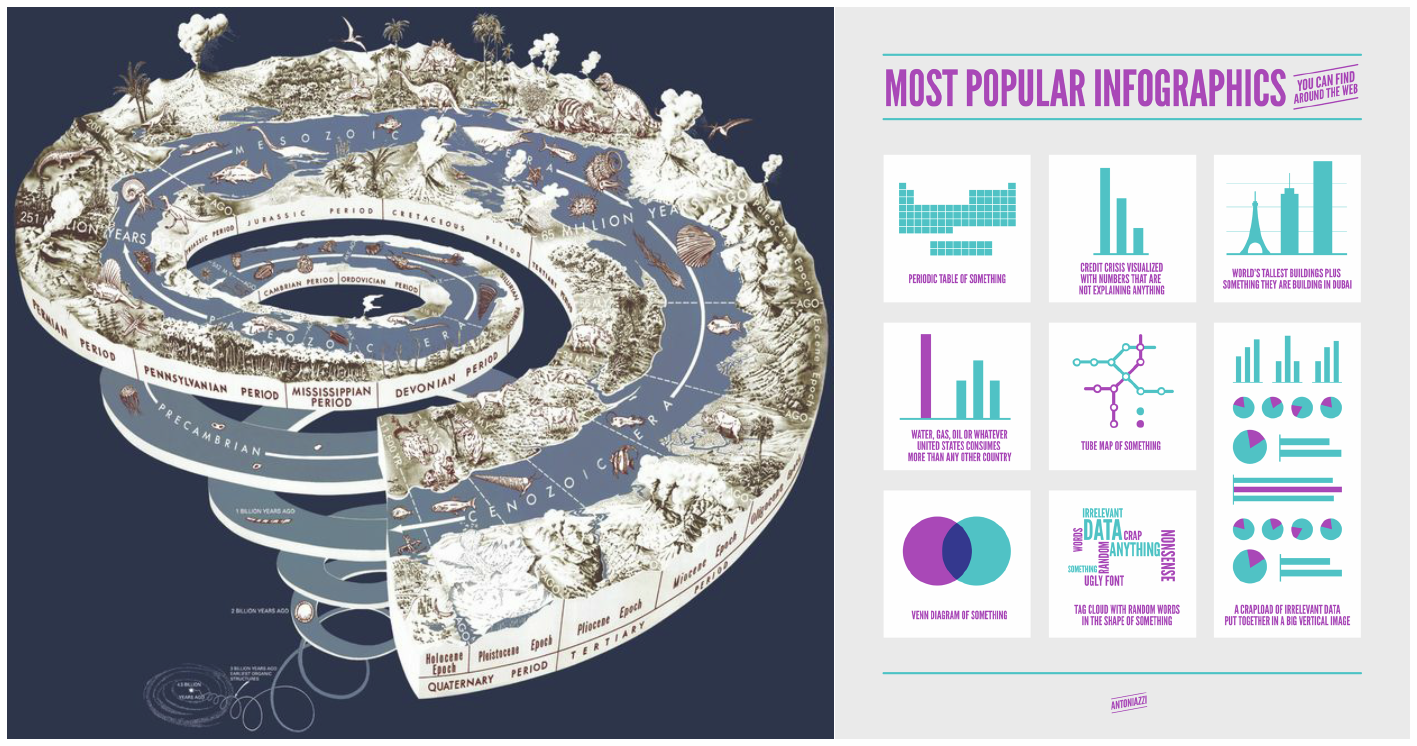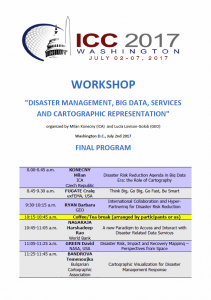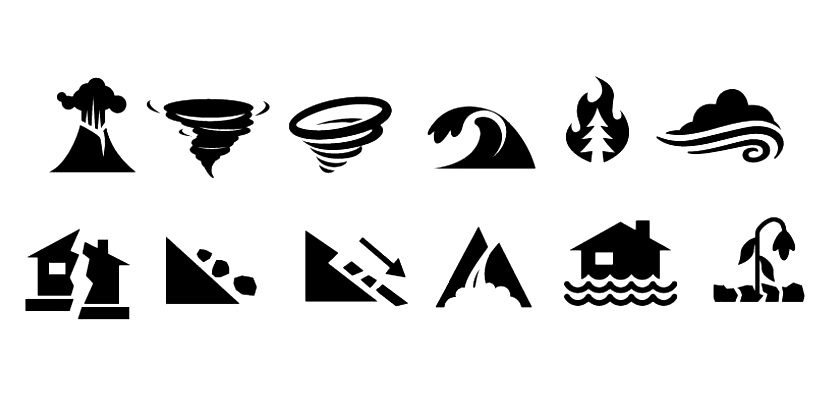The ICA Commissions on Cognitive Issues in Geographic Information Visualization, and on Generalisation and Multiple Representation, are pleased to organize a joint one-day workshop dedicated to advances, works in progress, and position statements about the perception of geospatial abstractions and scale in maps and geovisualisations.
Abstraction is the main process for moving from a geographic space or phenomenon to its representation as spatial information. Abstractions may be conceptual, geometric, semantic, graphic, visual, or cognitive. Examples include techniques to highlight, enhance, or simplify salient characteristics or properties, in order to support visual communication, recognition, understanding of spatial features and inferring knowledge about spaces. If different aspects of abstraction are not managed well, across different scales, for example when navigating through scales in geoportals, it can lead to perceptual difficulties in reading the map. Generalisation is the process of deliberately transforming existing geospatial data or their symbolisation into more abstract representations, and multiple representation involves creating a series of such generalisations, often distributed through map scale.
The workshop will feature research presentations and open-ended brainstorming sessions, and will focus on identifying open research gaps and the elaboration of a shared research agenda. We encourage submissions from any practitioner of abstraction or generalisation: those in academia, industry, or government, among other sectors, are welcome.
Paper deadline: 22nd February 2019
Topics of interest include but are not limited to:
- multi-scale, multi-source and multi-view graphic representation
- massive data (“Big Data”) generalization
- continuous visualization (across scales) and fluid interaction with graphic representations
- (semi) automated approaches for map design and geovisualization
- generalisation, schematization, and stylization techniques
- visual perception measures and experimental approaches to assess visual perception
- thematic applications: statistical and socio-economic data, spatio-temporal data and phenomena, urban and environmental dynamics, etc.
- technical applications, adaptation to visualization devices, (i.e., smartphones, tablets, VR/AR) and use contexts (e.g., emergency and crisis management, individual mobility, industrial purposes, etc.).
Please find more information on the workshop website: icc2019abstraction.wordpress.com











